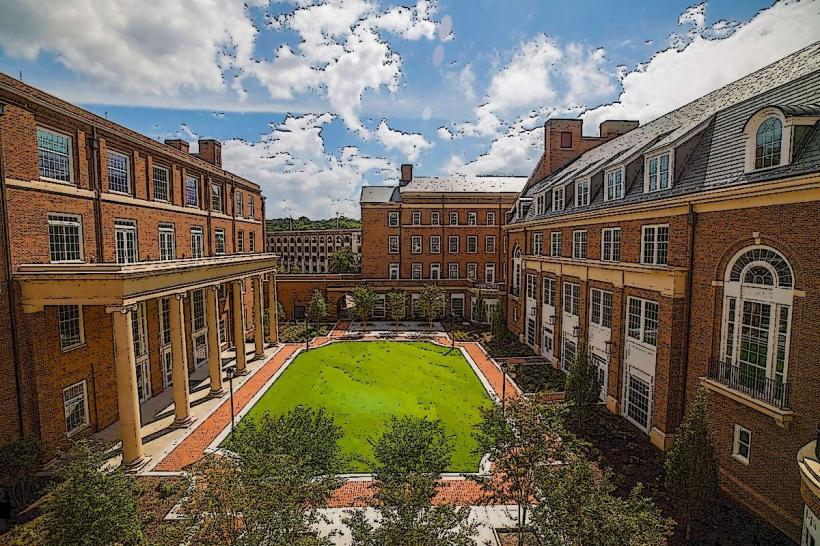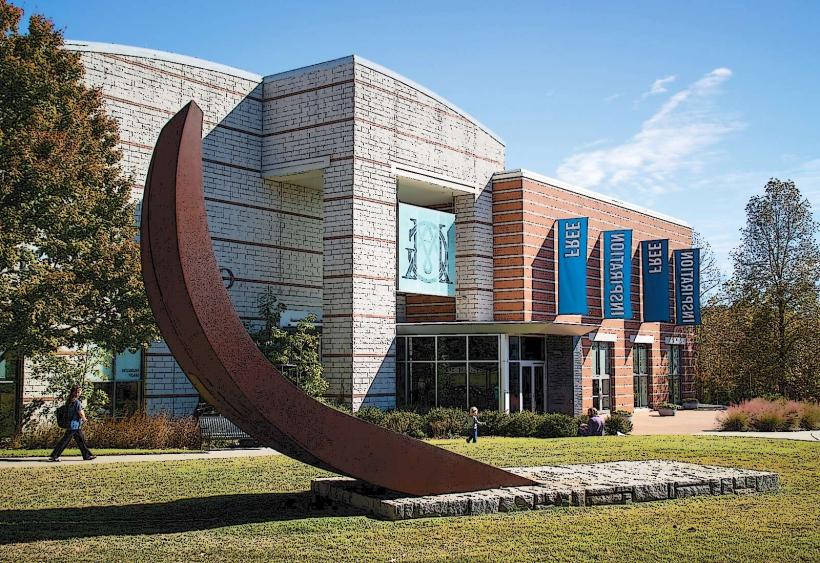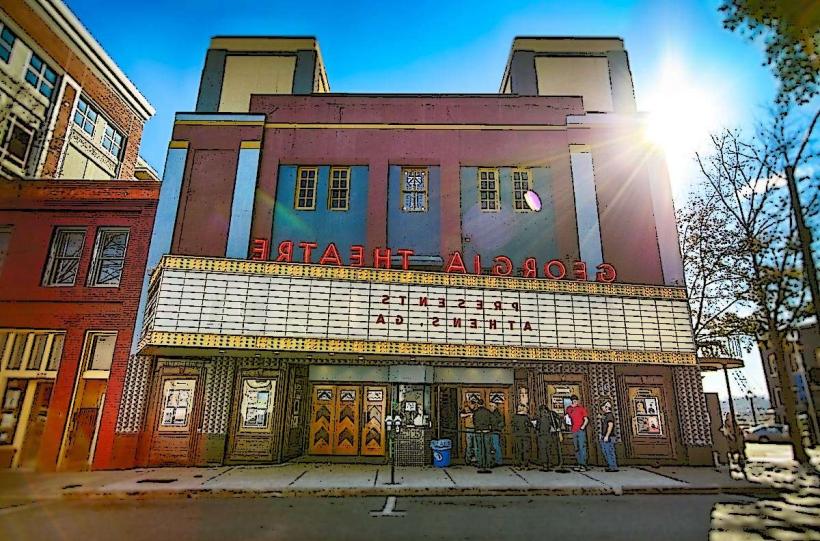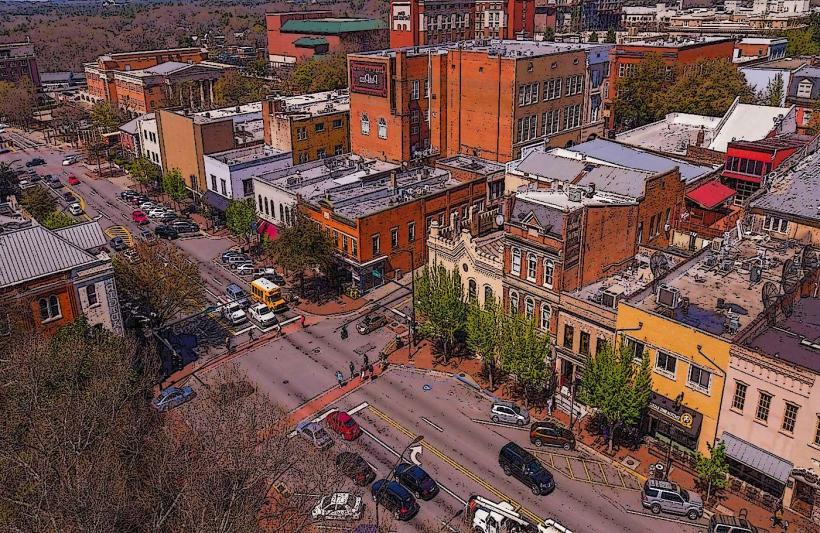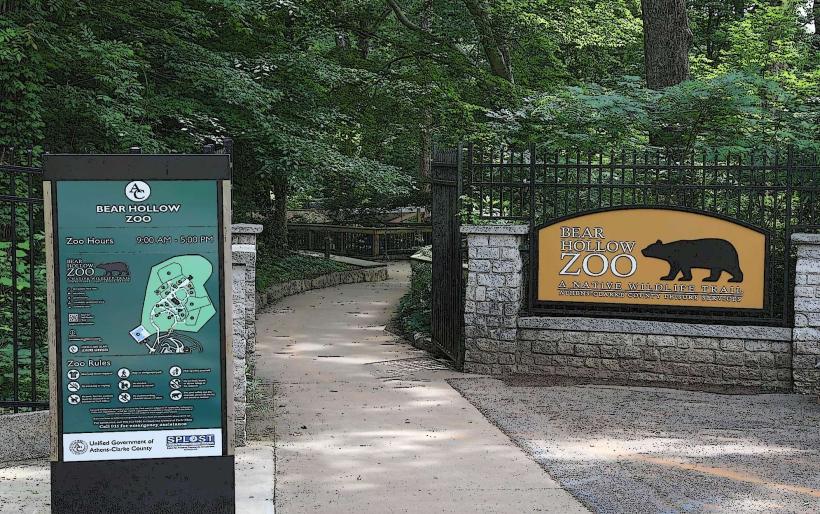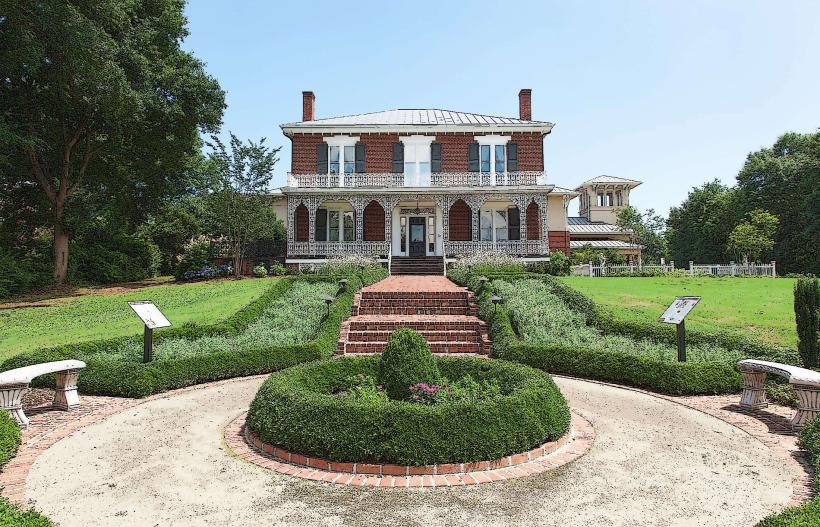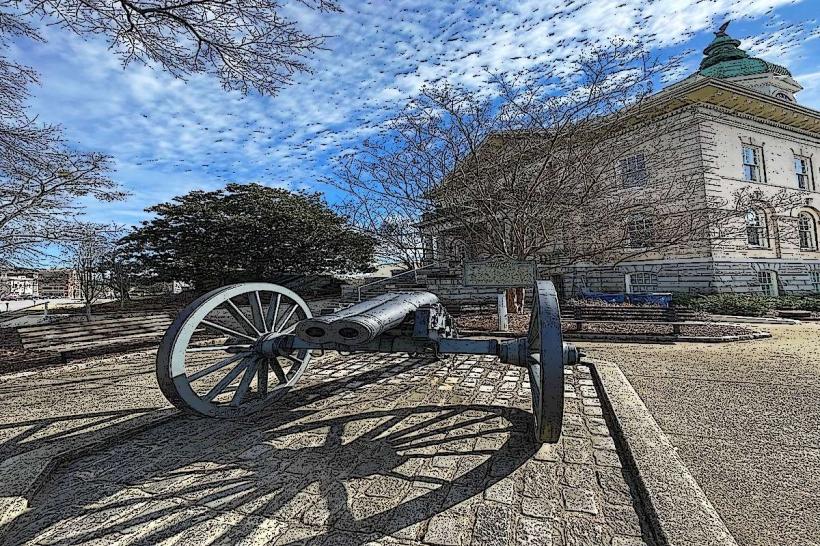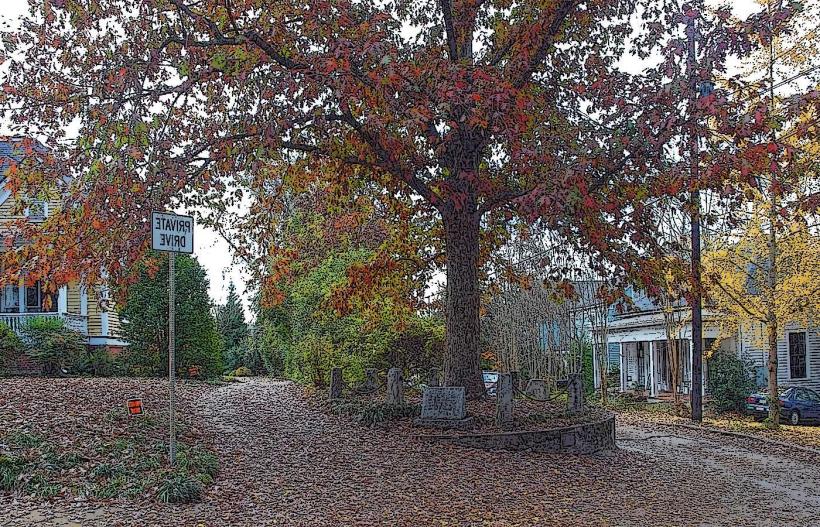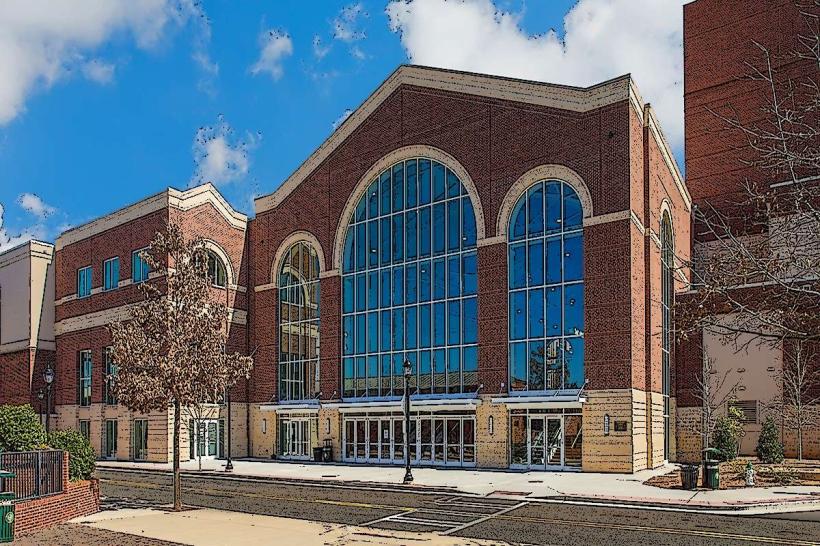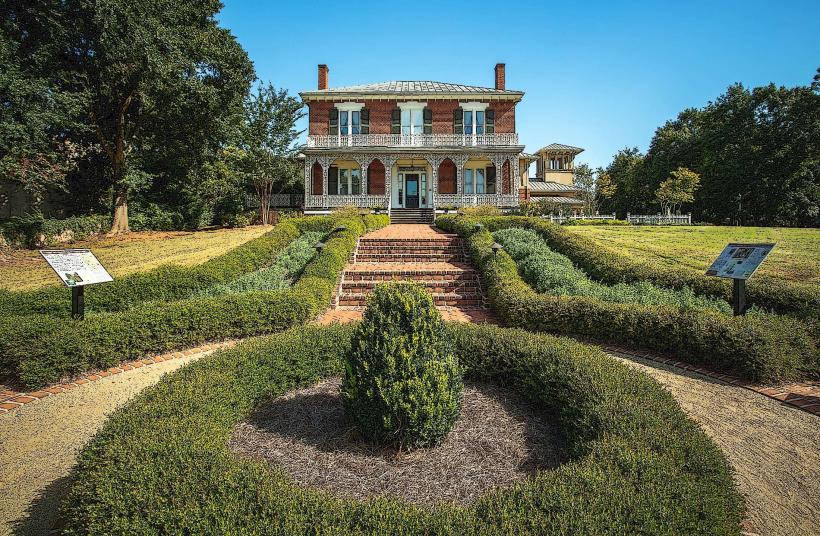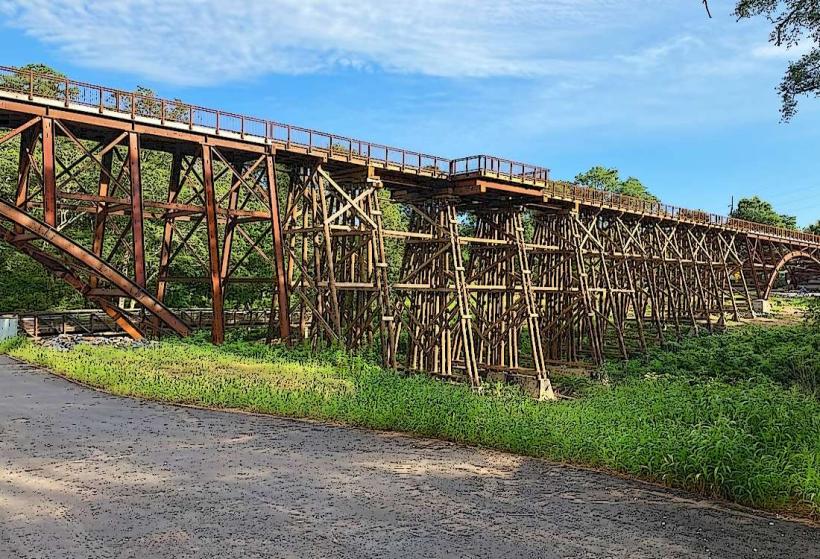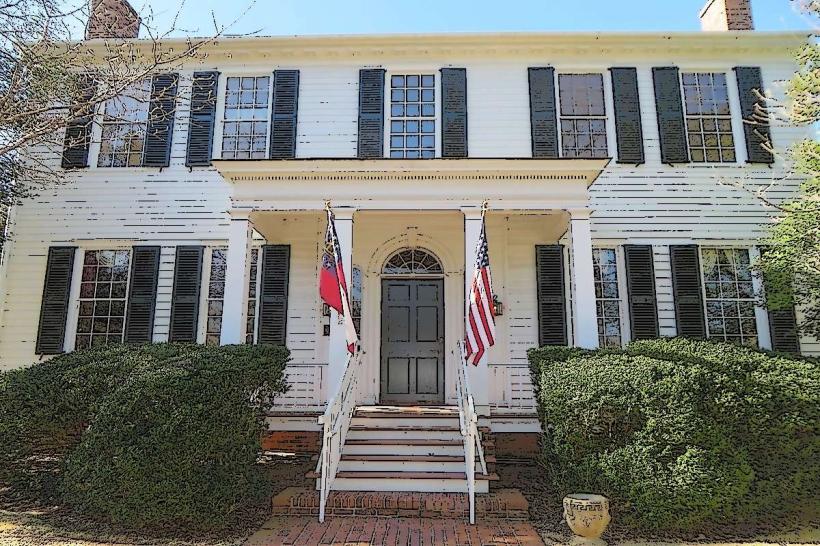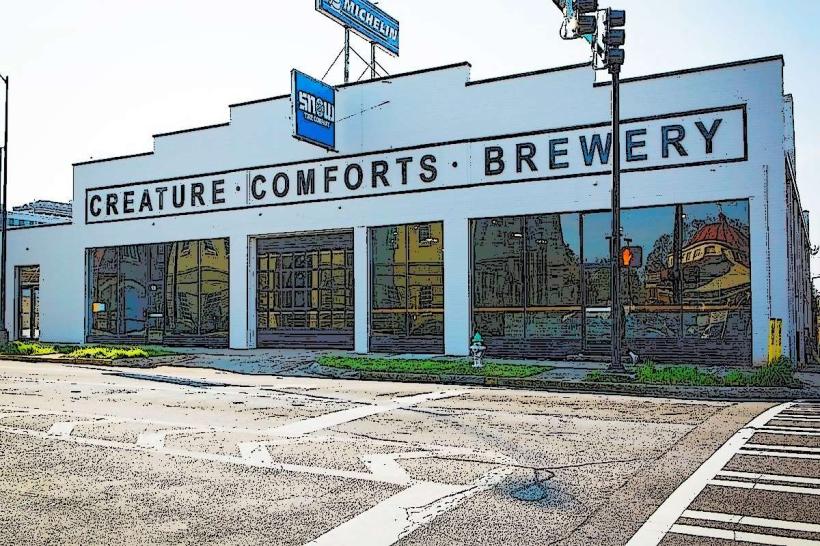Information
Landmark: Morton TheatreCity: Athens City
Country: USA Georgia
Continent: North America
Morton Theatre, Athens City, USA Georgia, North America
The Morton Theatre is a historic performing arts venue located in Athens, Georgia, USA.
It is the only remaining historic vaudeville theatre in Athens and one of the few remaining in the state of Georgia.
Visual Characteristics
The Morton Theatre is a two-story brick building with a prominent marquee. The facade features classical revival architectural elements, including decorative cornices and arched windows. The interior auditorium seats approximately 350 patrons and retains much of its original ornate plasterwork and woodwork.
Location & Access Logistics
The theatre is situated at 195 East Washington Street in downtown Athens, Georgia. It is approximately 0.5km East of the city center. On-street parking is available on Washington Street and surrounding downtown blocks, with several paid parking decks within a 0.2km radius. The Athens-Clarke County Transit system provides bus service to the downtown area; routes 1, 2, 3, 4, 5, 6, 7, 8, 9, 10, 11, 12, 13, 14, 15, 16, 17, 18, 19, 20, 21, 22, 23, 24, 25, 26, 27, 28, 29, 30, 31, 32, 33, 34, 35, 36, 37, 38, 39, 40, 41, 42, 43, 44, 45, 46, 47, 48, 49, 50, 51, 52, 53, 54, 55, 56, 57, 58, 59, 60, 61, 62, 63, 64, 65, 66, 67, 68, 69, 70, 71, 72, 73, 74, 75, 76, 77, 78, 79, 80, 81, 82, 83, 84, 85, 86, 87, 88, 89, 90, 91, 92, 93, 94, 95, 96, 97, 98, 99, 100, 101, 102, 103, 104, 105, 106, 107, 108, 109, 110, 111, 112, 113, 114, 115, 116, 117, 118, 119, 120, 121, 122, 123, 124, 125, 126, 127, 128, 129, 130, 131, 132, 133, 134, 135, 136, 137, 138, 139, 140, 141, 142, 143, 144, 145, 146, 147, 148, 149, 150, 151, 152, 153, 154, 155, 156, 157, 158, 159, 160, 161, 162, 163, 164, 165, 166, 167, 168, 169, 170, 171, 172, 173, 174, 175, 176, 177, 178, 179, 180, 181, 182, 183, 184, 185, 186, 187, 188, 189, 190, 191, 192, 193, 194, 195, 196, 197, 198, 199, 200, 201, 202, 203, 204, 205, 206, 207, 208, 209, 210, 211, 212, 213, 214, 215, 216, 217, 218, 2


